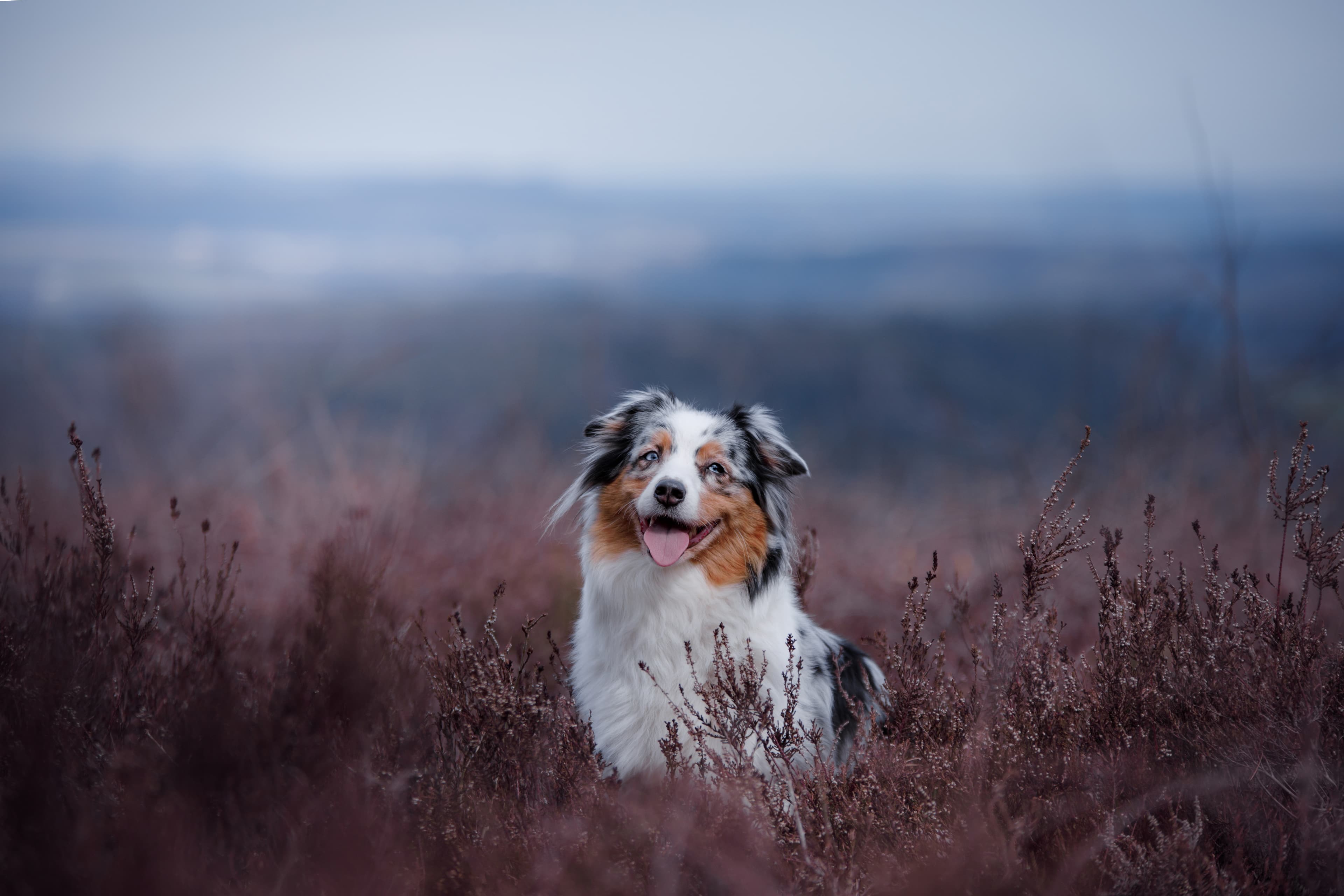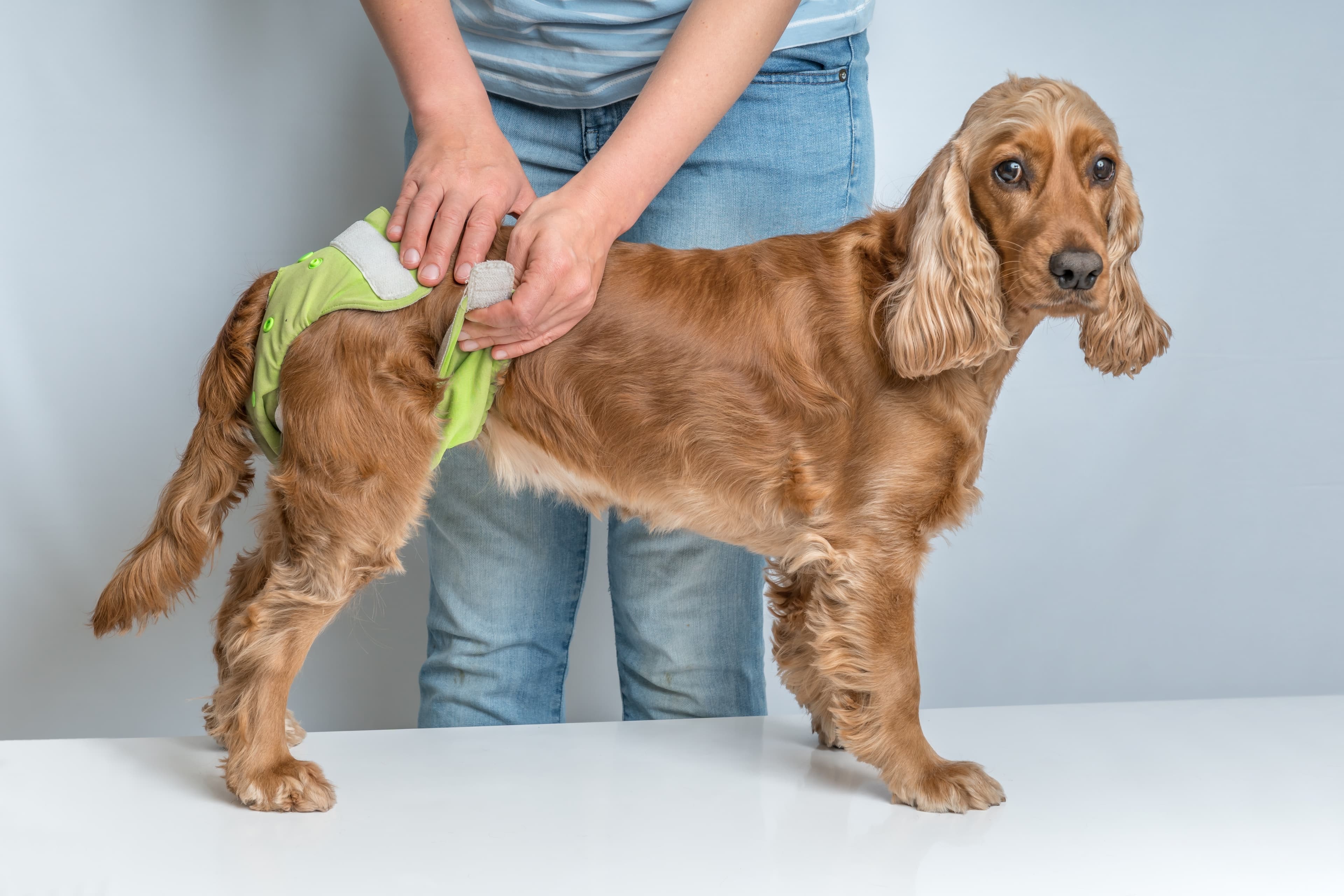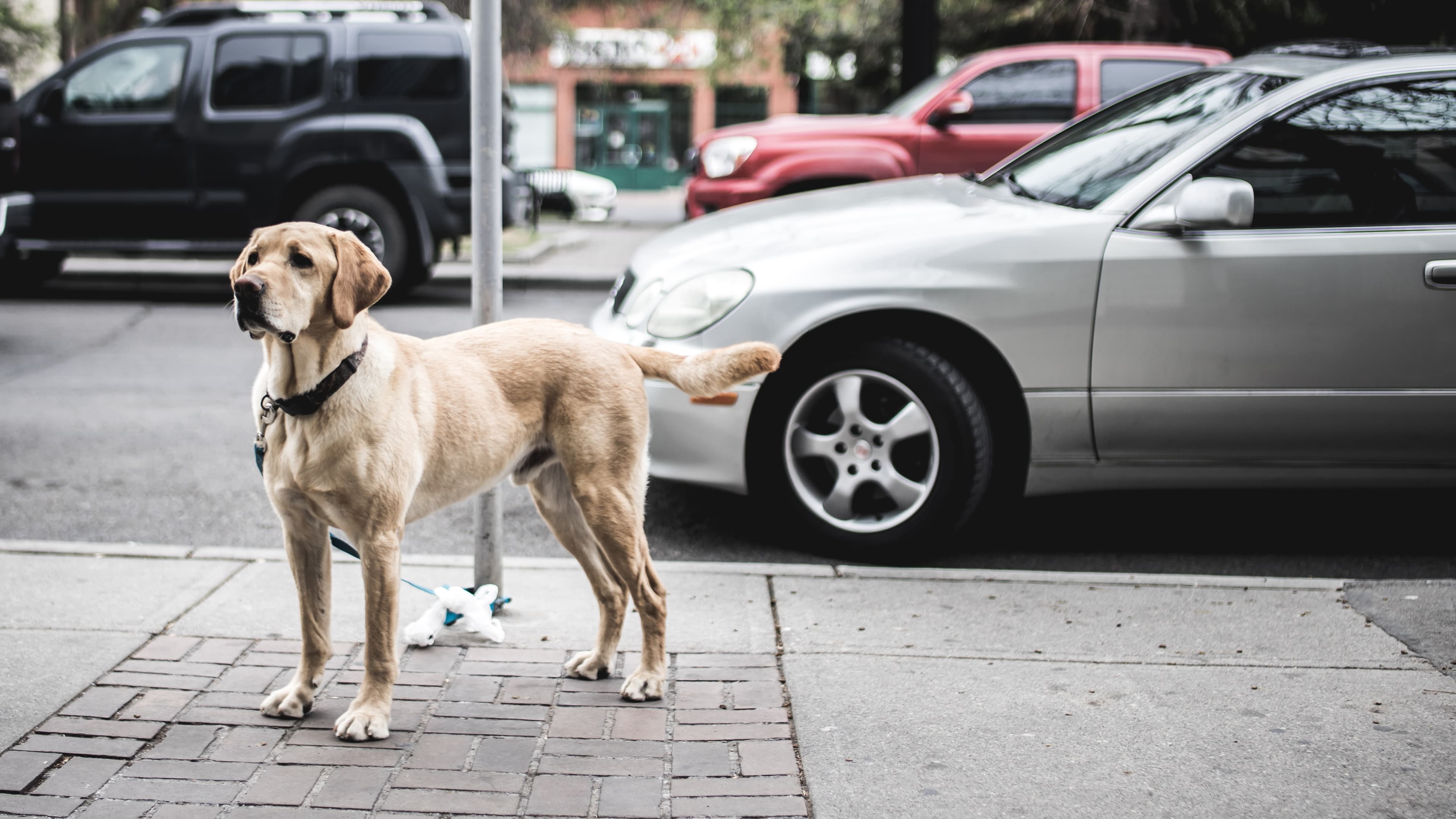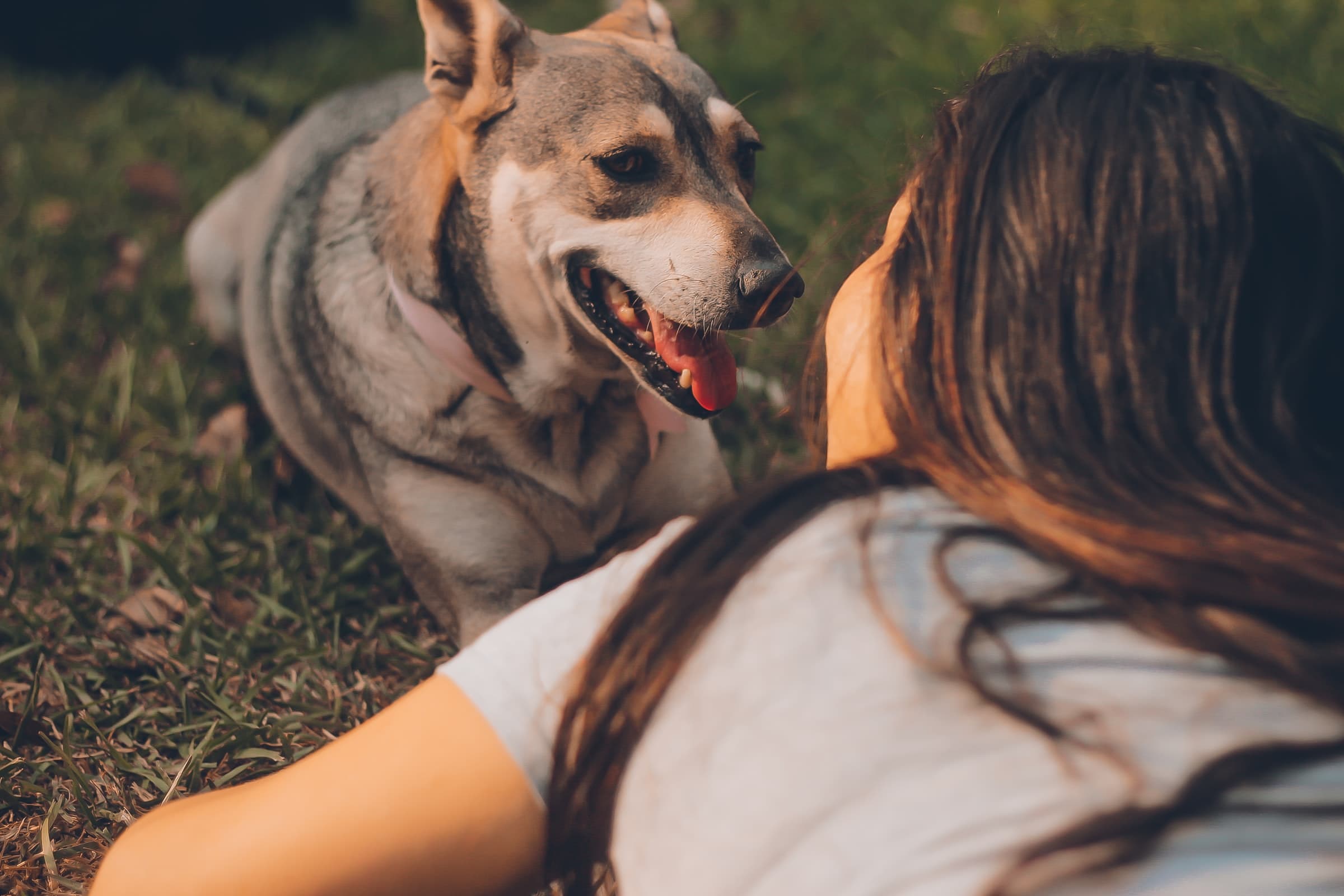Everything you need to know about vaccination in dogs
Vaccinations play a crucial role in protecting dogs from a range of potentially life-threatening diseases. Just like in humans, vaccines help strengthen your dog’s immune system, preparing it to fight off infections before they can take hold. Whether you’re a new pet parent or have had dogs for years, understanding the basics of dog vaccinations is essential to keeping your furry friend healthy and safe.
Why Vaccinate Your Dog?
Vaccinating your dog helps:
Prevent serious illnesses such as parvovirus, distemper, and rabies
Limit the spread of contagious diseases within dog communities
Meet legal requirements in certain countries (e.g., mandatory rabies vaccination)
Ensure safe interaction with other pets and people
Vaccination is a proactive step — it protects not only your dog but also public health and the wider pet population.
What is the dog vaccinated against?
- Canine distemper
Canine distemper is caused by a virus called Canine Distemper Virus (CDV). Canine distemper can lead to a very serious illness which unfortunately often results in death for affected dogs. Thanks to the fact that we in Sweden and Germany are good at vaccinating our puppies, this disease is very rare.
- Hepatitis
It is HCC (hepatitis contagiosa canis), which is a virus-caused hepatitis that this vaccine protects against. The disease can have a rapid course in both puppies and dogs, and can lead to very severe illness and sudden death. Due to widespread vaccination, it is not common here in Sweden or Germany.
- Parvo
Parvo or parvovirus is a virus that is widespread throughout the world and also in Sweden and Germany. If your dog is infected, it can make the dog very ill. Again, the good habit of German and Swedish dog owners to vaccinate their dogs has resulted in the disease being rare among our native dogs.
- Kennel cough
Kennel cough is a collective name for a contagious respiratory infection in dogs. Common symptoms of kennel cough are coughing, runny nose and sometimes fever. When vaccinating your dog against kennel cough, it is good to know that your dog is not fully protected against kennel cough. A vaccinated dog can still get kennel cough, but they will usually have milder symptoms.
Unvaccinated puppies
You should be careful about meeting other dogs before the second vaccination at 12 weeks of age, after which vaccination protection is expected to be complete. If you let the puppy meet other dogs before then, they must be vaccinated. Humans pose very little risk to the puppy and are normally fine, although in theory humans can bring infectious agents to the puppy from a sick dog via their clothes, for example.
Vaccination when travelling abroad
When travelling abroad with your dog, it is usually required that the dog has had a rabies vaccination (all countries except Norway) and other vaccinations (for example, against leptospira) may be appropriate depending on the country you are travelling to. If you are going to travel with your dog, you should always check with each country what their recommendations and requirements are for bringing the dog into the country.






